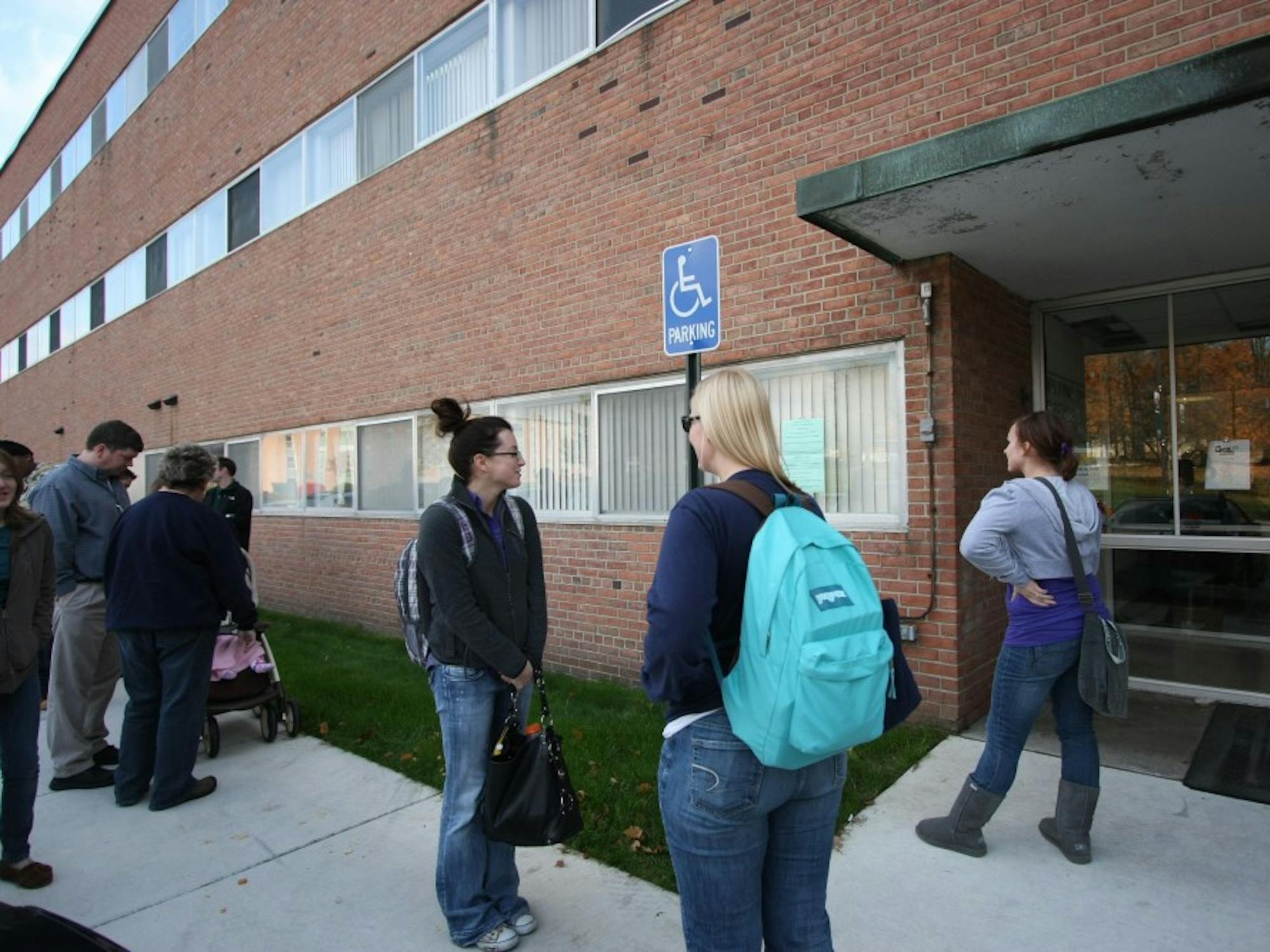With winter fast approaching, many are becoming increasingly worried about the H1N1 Influenza. For the week of Oct. 19, Eastern Michigan University documented four new cases of influenza-like illnesses on campus.
H1NI is a flu that spreads mainly through coughs and sneezes of people who are sick. The flu can also be spread by touching infected items and then touching your nose or mouth. Symptoms of the flu can include sore throats, body aches, headaches and fevers. According to the Center for Disease Controls, some individuals have also reported nausea, vomiting and diarrhea.
On June 11, the World Health Organization declared a global pandemic of influenza A (H1N1). According to the CDC, at that time, more than 70 countries had reported cases of H1N1 infections. However, the CDC said the U.S. has the largest number of cases of any country worldwide. By June 19, all 50 states had reported cases of the H1N1 flu.
Even so, the CDC has said most individuals who have become sick have recovered without seeking any medical treatment.
As of press time, EMU has received 200 doses of the H1N1 flu vaccine with 100 doses being the nasal spray and 100 doses being the injectable vaccine.
Ellen Gold, the executive director of University Health Services, has decided to implement the same practice of giving the injectable vaccine only to high-risk individuals.
These individuals include health care workers; pregnant women; persons with chronic medical conditions such as asthma; people who live with or care for infants younger than 6 months of age; and first responders.
Gold said as more doses of the vaccine become available, it will be offered first to those from 6 months through 24 years of age, then healthy individuals ages 25-64 and finally adults ages 65 years and older.
Gold also said the nasal spray vaccine will be available for healthy individuals who are not pregnant or do not have certain health conditions. These individuals include those ages 2-24; 25-49 who live with or care for infants younger than 6 months of age; and those who are health care and emergency medical personnel.
The cost for either the nasal spray or the injectable vaccine is $10.
Since supplies are so limited, Gold has suggested people call their family doctors to see if the H1N1 vaccine is available.
Gold also wants to make sure students at EMU do not panic since President Obama recently declared the H1N1 flu a national emergency.
“The President’s announcement is intended to make it easier for hospitals and emergency rooms to bypass the red tape for setting up separate vaccination clinics,” she said. “This will allow hospitals to speed up treatment without disrupting regular emergency room visits.”
The campus community appears to be split as to whether or not they will be obtaining the vaccine.
Senior Ashley Jenkins plans on getting the vaccine and believes everyone else should as well.
“I just think that people need to take better care of themselves,” she said. “It’s already horrible that we don’t have enough vaccinations going around anyway. We need to start being clean.”
Accounting major Alan Glanton will not be obtaining the flu vaccination.
“I think it is overhyped,” he said. “It’s just another flu string. So people need to take the same precaution as they usually do or should do every day of their lives.”
Residents and students of Washtenaw County have also been affected by the swine flu. According to the Washtenaw County Department of Public Health, reports of confirmed influenza cases increased sharply for the week of Oct. 17.
The age range of recent cases has been 3 to 48, with 71 percent of the cases being in the age group of 5 to 24. As of press time, no deaths have been reported in Washtenaw County.
Health departments all over the country have set up clinics for their residents to obtain the H1N1 vaccine. Yesterday, the Washtenaw Health Department held a free H1N1 vaccine clinic at the Washtenaw Intermediate School District building.
As of Oct. 23, 11,282,200 flu vaccinations have been shipped out, and of this total, 308,300 have been shipped to Michigan, according to the CDC.
The health department has said the supply is currently at 30 percent of what was expected at this date. This has greatly affected the number of people able to obtain the vaccine, and because of this, the health department is only giving the vaccine to individuals who are considered high priority.
Students interested in obtaining the vaccine can contact Snow Health Center for more information at 487.1122.









